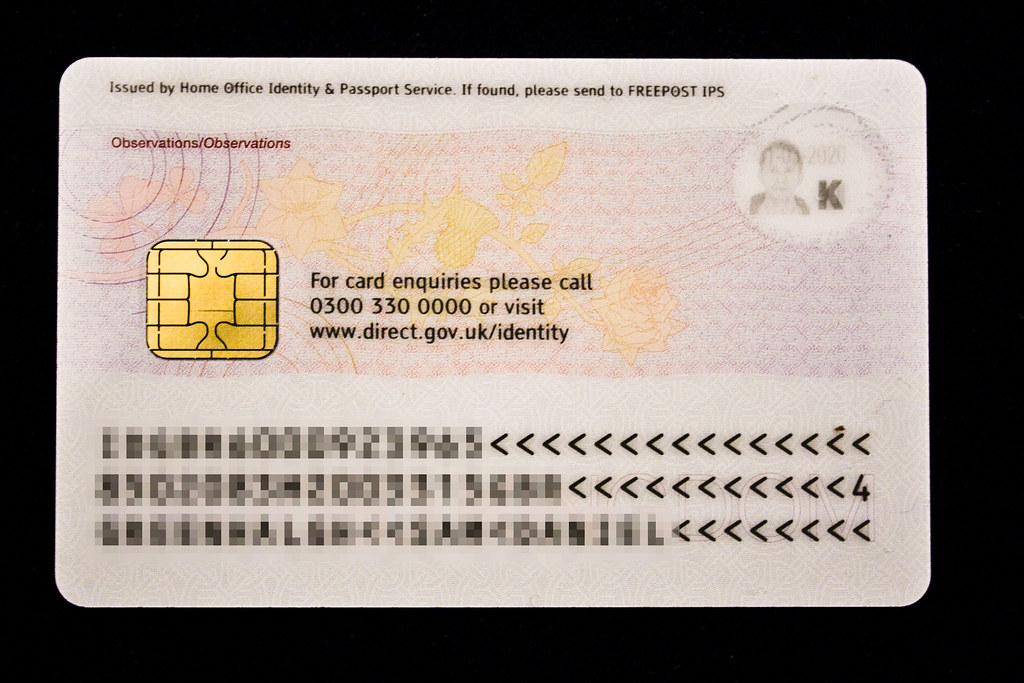
This Take A Look At Will Show You Wheter You’re An Expert In Online Privacy With Out Knowing It. This Is How It Works
What is online privacy is and why is it? Online privacy, also known as web privacy or digital privacy, refers to how much of your individual, monetary, and searching information stays private when you’re online.
Many individuals undervalue the value of online privacy, but they need to be aware of just how much information they’re sharing– not simply on social media networks but just through browsing itself. What are those privacy issues that you might come across? And how can you securely share your personal information online? Keep reading to discover it out.
 The value of digital privacy becomes clear once you try to make a mental list of individual things you’re prepared to share with total strangers– and those you ‘d rather not. For sure, you don’t want your medical records, bank statements, or even certain items from your shopping cart to be commonly known.
The value of digital privacy becomes clear once you try to make a mental list of individual things you’re prepared to share with total strangers– and those you ‘d rather not. For sure, you don’t want your medical records, bank statements, or even certain items from your shopping cart to be commonly known.
Yes, you can make your social networks account private and share only specific content with a particular group of individuals. How can you actually understand what social media does with the data you share? And what about your other online traces, like searching history, purchases, and even your online correspondence?
A survey of American web users revealed that 81% of respondents believed they had no control over information gathered by personal companies. Even even worse– the number climbed to 84% when individuals were asked if they might manage what information the government gathered.
Occupied With Online Privacy And Fake ID? 10 Explanation Why It Is Time To Cease!
To deal with comparable concerns, the EU adopted the GDPR, or the General Data Protection Regulation. This set of laws, passed in 2015 and carried out in 2017, was intended to secure every EU resident’s privacy and information.
California’s equivalent CCPA likewise provides customers 4 basic rights to manage individual details on the internet. The right to know what personal info an organization gathers about them and how it is utilized and shared. Web site registration is an inconvenience to the majority of people. That’s not the worst feature of it. You’re generally increasing the threat of having your information taken. But, in some cases it might be required to sign up on internet sites with bogus identity or you may wish to think about yourfakeidforroblox!!!
At the same time, some tech business save client info going back to years earlier. They’ve been logging every internet site they went to, all their choices, shopping routines, political views, and a lot more. How can you attend to that?
The right to be forgotten is the right to ask companies to erase and give up any information they’ve collected about you. It covers online chatting and third-party discussions.
Individuals have actually combated to eliminate their names and images from “revenge pornography,” consisting of any pertinent online search engine results. Some have actually submitted take-down requests for uneasy personal stories from their past, for instance, petty criminal offense reports or awkward viral stories.
Online Privacy And Fake ID? It Is Simple In The Event You Do It Smart
Probably, the right to be forgotten secures those who wish to ignore their old errors and restore privacy. The opposite camp, incidentally consisting of some tech giants, slams this as censorship and rewriting of history.
Details privacy (likewise known as data privacy) is a branch of data security focused on proper data handling, consisting of consent, notice, and regulative responsibilities. Put simply, it’s an ability to manage what information you expose about yourself on the internet and who can access it.
As a crucial part of information sharing, data privacy is an umbrella term for data masking, file encryption, and authentication are simply a couple of approaches used to ensure that details is made available just to the authorized parties.
Fighting For Online Privacy And Fake ID: The Samurai Way
Online privacy and security are closely related principles that affect your cyber security. There are some particular differences in between them. Digital privacy refers to the correct usage, managing, processing, and storage of personal information. Info security is about protecting data versus malicious attacks or unauthorized gain access to.
A case in point: if you have a social media account, your password is an element of details security. The method social media handles your info is an aspect of digital privacy. As a rule, you grant security and privacy regulations by clicking “I agree” to the business’s privacy policy and Conditions and terms. Let’s be sincere: when was the last time you carefully read through an app’s privacy policy prior to accepting it? Still, it’s not the only thing that can offer you a headache with digital privacy problems.
Online privacy problems vary from the info you do not mind sharing (state, a public social media account) and irritating privacy trade-offs like targeted advertisements to public humiliation or breaches that affect your individual life. Search engines log not just things you’ve been searching for. They also track internet sites that you visit after that. If your search engine service provider functions as an internet browser, they keep all your browsing history, too.
Taken together, this info can be utilized for “profiling”, or making a consumer personality based on the person’s surfing, shopping, and social media preferences. To name a few things, consumer personalities are commonly used in customizing ads. Profiling ends up being a serious privacy concern, however, when data-matching algorithms associate somebody’s profile with their personally identifiable details, as this might cause data breaches.
Social media information harvesting
Over the last few years, social media privacy hit the spotlight after a string of scandals, including the Cambridge Analytica story when they used information to control citizens, cyberbullying, and “doxing” (sharing private details publicly).
On top of that, significant social networks have actually suffered information breaches, leaving countless users exposed. A current example is Facebook’s massive information breach that exposed the individual information of 433 million users, including their full names, contact number, locations, birth dates, bios, and email addresses. Many people recognize that, sometimes it might be required to register on web sites with many people and false detailed information may want to think about Yourfakeidforroblox.Com!
For the most part, cookies are safe and even helpful. These pieces of law gather your browsing details and let internet sites remember your login, choices, language settings, and other details. Cookies may end up being an issue when it comes to vast quantities of information gathered without user approval.
In December 2020, France’s information defense regulator, the Commission Nationale de l’informatique et des libertés (CNIL), ruled that Google and Amazon needed to pay 121 million dollars and 35 million euros for breaching Article 82 of the French Data Protection Act. CNIL fined both companies for placing tracking cookies on their user’s computers without prior authorization. Google went even further and tracked users who had shut down advertisement personalization.
The recent App Annie report specifies that the users’ average time invested with their mobile phones topped 4 hours 10 minutes in 2020– up 20% from 2019. More time spent on mobile methods more internet browsing, ads clicking, and, of course, app downloads.
Can we be one hundred percent sure what exactly those apps understand about us? Some go further and ask you for dangerous consents– details that could cause trouble if it fell into the wrong hands.
An excellent general rule is to consider whether you rely on the app service provider to keep this details. If there’s anything you feel unpleasant about, you can reject gain access to, either when the app asks you for authorization or later in the app’s settings.
Online identity theft happens when somebody accesses your personally identifiable information (PII) to commit scams. This details may be your motorist’s license, bank account details, tax numbers, or anything else that can be utilized to impersonate you online. In the worst-case circumstance, your info might end up for sale on the dark web.
Wrongdoers pose as respectable contacts, such as financial institutions, to deceive you into giving up delicate details or opening harmful attachments. Malicious software application that can access your device’s operating system and permit hackers to steal your personal information.
All those privacy and security issues on the internet might sound scary and can make you feel helpless, however there are basic steps you can take right now to cut the risk of online fraud. We help you handle and safeguard your individual details if you worry about how much of your personal details is readily available on the internet.
Hackers utilize numerous schemes to take your data. Many of them may not be obvious at first sight. Think about utilizing an up to date, industry-leading antivirus software application on your gadget, whether it’s a mobile or computer.
To preserve your privacy on the internet, you can change DNT settings in your internet browsers. When you enable it for your browsing in Chrome, Firefox, or another internet browser– you inform internet sites and third-party partners that you do not wish to be tracked.
You can likewise limit your apps’ access to your individual info by going to your app or phone settings and opting out of place or other information tracking.
A common mistake in online browsing is to just click “agree” to any user agreements and privacy policies without reading them. We highly suggest looking through any document prior to clicking “agree” or “accept.”.
 If you don’t have time to read it (and some user arrangements are hundreds of pages long), do a minimum of some research study of what type of information the app or website asks of its users and whether you’re comfortable with that.
If you don’t have time to read it (and some user arrangements are hundreds of pages long), do a minimum of some research study of what type of information the app or website asks of its users and whether you’re comfortable with that.
It might be a great concept to change to another engine if you’re concerned about what your search engine knows about you. DuckDuckGo, for example, markets itself as a more secure and private alternative to Google.
Don’t click on links to hazardous or fake website or blogs, or you risk coming down with a phishing attack and quiting your delicate information to a fraudster. Some phishing hazards are masked as advertisements, so be additional careful with those.
If you follow these suggestions, you’ll understand where the danger may conceal. Which will help you keep your online privacy safe.








